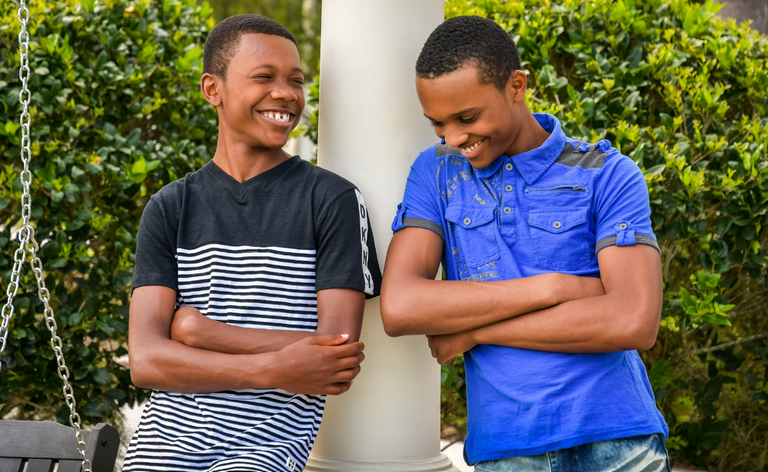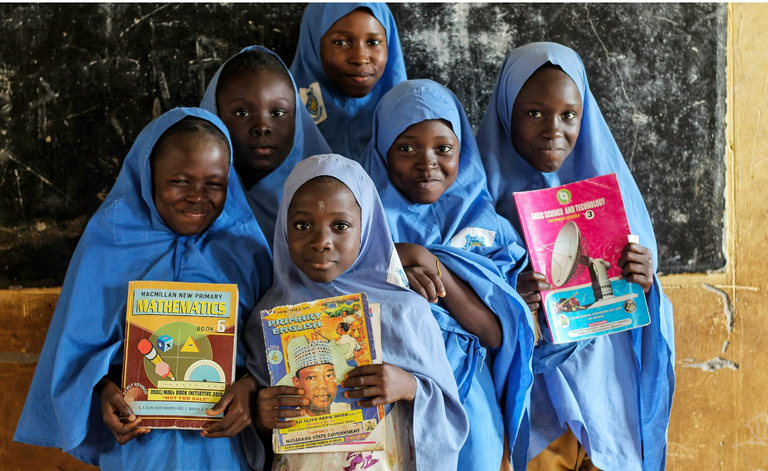Here's a post discussing why younger people often have higher capabilities than older generations in certain areas:
Why Younger People Often Have Higher Capabilities Than Older Generations
It’s often said that younger people adapt faster and excel in certain areas more readily than older generations. From mastering technology to embracing new cultural shifts, younger generations showcase skills and perspectives that set them apart. Here are some reasons why younger people might have these high capabilities compared to elders.
Early Exposure to Technology and Innovation
Younger generations grow up with technology integrated into their daily lives. From a young age, they are exposed to devices, software, and the internet, building familiarity that gives them an edge. The quick adoption of tech-savvy skills means they’re prepared for careers and industries that are becoming increasingly digital, while older generations may have to play catch-up.Curiosity and Willingness to Experiment
Youth often comes with a natural curiosity and less fear of failure, leading young people to experiment and take risks more freely. They aren’t as worried about the consequences of trying something new, which enables them to explore uncharted paths, whether it’s in science, entrepreneurship, or the arts. This experimentation builds resilience and creativity that strengthens their capabilities.Adaptability in a Changing World
The world is changing at a rapid pace, and younger people, who are accustomed to this constant evolution, adapt quickly to new trends and technologies. Because they’ve never known a world without fast-paced change, they’re often more flexible and open-minded. This adaptability enables them to stay relevant in a world where new skills and mindsets are essential.Access to Knowledge and Learning Tools
With the internet and educational platforms, younger people have unparalleled access to information. They can learn almost any skill online, often for free or at a low cost. This democratization of learning means that younger generations can develop high-level capabilities on their own, without waiting for formal training or education.Stronger Emphasis on Mental Health and Personal Growth
Mental health awareness has grown tremendously, especially among young people who are more open to therapy, self-care, and mindfulness practices. This awareness gives them a level of emotional intelligence and self-understanding that can enhance productivity, focus, and resilience, equipping them to tackle challenges with a balanced approach.Social Awareness and Global Perspective
Younger generations are more connected to the world beyond their immediate communities, often exposed to global issues like climate change, social justice, and economic disparities from a young age. This global perspective fosters empathy, critical thinking, and problem-solving skills that are crucial in today’s interconnected world.
- Encouragement of Creativity and Critical Thinking in Education
Education systems are increasingly emphasizing creativity, collaboration, and critical thinking over rote memorization. Younger people are taught to think outside the box, work in teams, and problem-solve, which makes them capable of innovating and taking on complex challenges more effectively.

Source
While these qualities don’t apply to every young person, the overall trend shows that younger generations are equipped with unique skills and perspectives that often set them apart from previous ones. Older generations bring wisdom and experience to the table, but the agility, adaptability, and curiosity of younger people allow them to thrive in our ever-evolving world.

